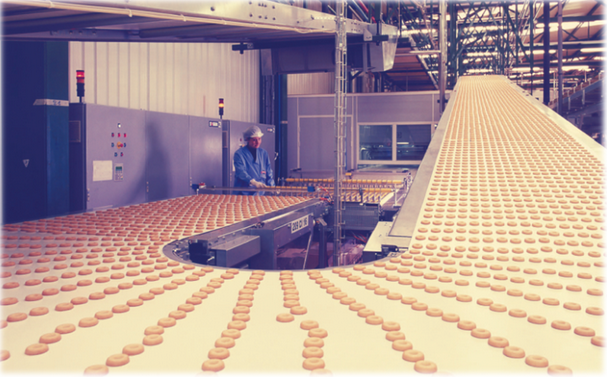Industry is one of the sectors with a highest energy demand, being the fossil fuels the main energy source used in the most of the industrial processes. The utilization of this type of fuels in the manufacture process of the industries generates a waste heat that is not usually used, hence these processes are considered as inefficient. Nevertheless, this waste heat can be recovered (and in many cases reincorporated into the same process) by using new strategies and equipment. Therefore, the optimization of the industrial processes and the implementation of renewable energies in them can contribute to reduce the harmful impacts of the energy systems to the environment, while reducing energy consumption.
In addition, it has to mention that the energy recovery contributes to the reduction of production costs of the industries and consequently these gain in competitiveness. However, energy recovering is not easy since it requires of high performance technology and best practices of operation. Furthermore, many factories have complex and autonomous processes that are unlinked to each other or integrated into their environment. On the other hand, each product and manufacture process are specific to each industry so that it is difficult to find a global solution that encompasses energy reduction, renewables integration and energy recovery through a more efficient use of resources, cleaner manufacturing technologies or the recovery of resources.
Traditionally, factors that were taken into account in manufacturing processes were economic, management, production, etc. However, this situation has changed in recent years. Energy efficiency and sustainable management are fundamental aspects that many companies have incorporated in their processes. Aware of that reality, CARTIF is accompanying the companies to incorporate in them the “Factories of Future” concept. An example of work done is the REEMAIN project.

CARTIF moves toward zero carbon manufacturing and Energy Efficiency 2.0 through the intelligent employment of renewable energy technologies and resource saving strategies that consider energy purchase, generation, conversion, distribution, utilization, control, storage, re-use in a holistic and integrated way.
From the REEMAIN project experience, we have prepared a brief brochure, in which we have highlighted 13 efficiency measures implemented and tested in three factories, one from agrofood sector, another from textile and one more from iron foundry. These measures were classified into renewable energy integration, energy recovery, recycling and ecological materials use and production, process and product optimization.
Each measure is presented in a short and visual way and is composed of title, summary, savings achieved and key factors for a success implementation. Last input is a recommendation from our side to encourage the industries to replicate the measures already applied in the manufacture process of the democases in order to achieve similar results that in REEMAIN project.
Finally, under the section “Extrapolation to other factories” the replication potential of the measures has been quantified taking into account the next four main factors:
- Process of implementation: This item is associated to the investment required for the implementation of the efficient measures, corresponding a high score with a low investment requirement.
- Process criticality: This item has in consideration the increase in the complexity of the manufacture process as well as a reduction of the reliability due to the installation of new equipment in the industries. An efficiency measure with high score indicates few or null operation changes, e.g., being easily by-passing in case of breakdown or during the maintenance works.
- Expected savings: This item is related to the savings quantification based on different factors
- Investment return: This item considers the cost savings and feasibility of the installation in economic terms.
Brochure ends with a visual summary of the total savings achieved in the three factories that were part of the project.
Brochure is online and available for download free here.
- PLADEMI: access to energy services for development in Ibero-America - 16 June 2023
- Reduction of costs and emissions in factories: real cases - 18 May 2018
- Best practices in energy efficiency in industry projects - 21 September 2017
